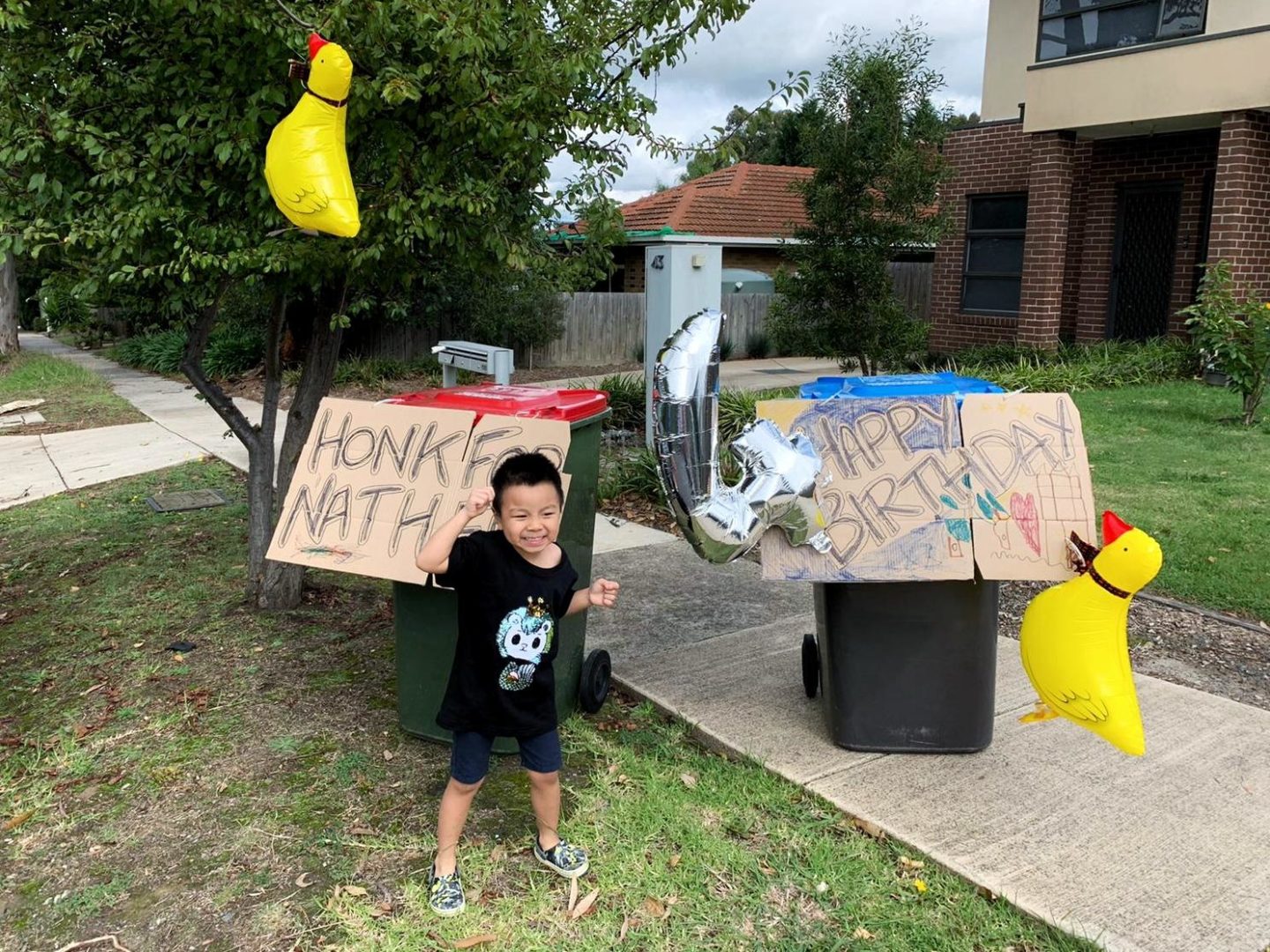Needless to say, the understatement of year has been how we’re all trying to cope with the new normal. With multiple uncertainties and no clear sight to the end of the tunnel, we are looking at dealing with all kinds of disappointments, big and small. Here are some suggestions on how to soothe feelings of disappointment in young children.

My youngest son’s birthday was in April, yes, he was one of those who had to celebrate at home. My older one misses his friends in school and the big outdoors. And I’m stuck in Singapore, forced to be apart from my kids who are in Melbourne now.
These may be upsetting for us adults, but they can be devastating to children.
Because children have had fewer life experiences, each event can hold more importance to them than to adults. Children also find it harder to manage their feelings. My kids “try” to manage their big emotions about me being away by ignoring me, or telling me that they don’t love me at times. It’s heartbreaking but I know it’s just them trying to manage their emotions.
How To Soothe Feelings Of Disappointment in Young Children
With home-based learning, social distancing, government mandates to stay home, all these factors make it difficult for children to handle any disappointment right now. As parents, we can help our littles by being armed with tactics on how to soothe feelings of disappointment in young children.
1. Offer Empathy: “I know not being able to (X) is hard.”
When children face disappointment, try sympathising with them. Sometimes kids don’t want or need a solution, they just want to be heard and to know that you’re on their side.
Echoing their feelings by agreeing the situation is hard (or unfair or frustrating) can help kids feel heard and validated.
Use empathic responses like, “I understand that this is difficult. I know you feel disappointed right now.” Give your child the time and space to cry, feel sad and get hugged by you.
2. Offer Suggestions: “Sometimes, it helps me when I (X)”
Children can be overwhelmed by their emotions and often struggle to find effective coping strategies. The last thing you want to do is to tell your children what to do (“You need to take a deep breath.” “You need to go calm down.”). Just like it is for us adults, it can be frustrating to be told what to do when they’re upset and frustrated.
Offering ideas instead of telling them what to do allows children to choose what sounds helpful to them. For example, try suggesting that taking deep breaths, petting a dog, or go for a bike ride could help to make them feel better.
3. Offer Alternatives: “I know we can’t (X), how about if we (Y) instead?”
When kids are upset with a certain situation, try helping them find novel solutions show them new ways to have similar experiences.
For example, during this season of social distancing and they can’t have a birthday party, maybe you could organise a virtual birthday party where friends sing to them instead.
Handling children’s feelings can be challenging but having a ready list of tactics on how to soothe feelings of disappointment in young children can be useful. As always, I’m also a player in the game and just like you, the kids make me grow as a person everyday to be better, stronger and more resilient. Hang in there!